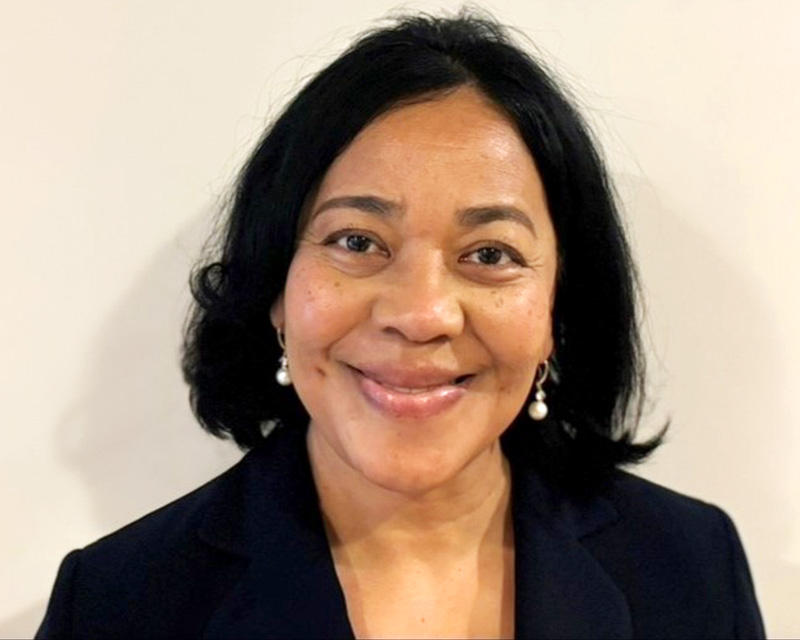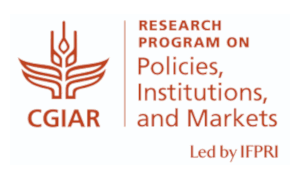Various
Nexus SAMs represent the socioeconomic structure of an economy at a point in time. It captures resource flows associated with transactions and transfers between all economic agents. Nexus SAMs are the databases of choice for calibrating IFPRI’s single country, economywide models. SAM multiplier models are the simplest of these models. They can be used to measure the magnitude and nature of sectoral multiplier effects and to analyze distributional effects associated with an exogenous injection into the economy. SAM multiplier models assume relative prices are fixed and resources are unconstrained. This imposes some limitations as far as the type of simulations that can be conducted and the timeframe of an analysis. For more information on SAM multiplier models and exercise, see Breisinger et al. (2009).
CGE models, while calibrated to the same data, relax many of the restrictive behavioral assumptions of SAM multiplier models. These models also capture the linkages and market interactions between producers and consumers in an economy but incorporate more flexible behavioral features such as multi-level nested production functions, imperfect substitution between domestic and imported commodities, and a linear expenditure system of consumer demand. Economic agents respond to market prices which adjust to establish equilibrium in markets. Various closure rules define the market clearing mechanisms in the model. IFPRI maintains both static (Lofgren, Harris and Robinson 2002) and recursive-dynamic CGE models (Diao and Thurlow 2012).
Breisinger, C., M. Thomas, and J. Thurlow. 2009. “Social accounting matrices and multiplier analysis: An introduction with exercises.” Food Security in Practice Technical Guide 5. Washington D.C.: International Food Policy Research Institute. https://www.ifpri.org/publication/social-accounting-matrices-and-multiplier-analysis.
Diao, X., and J. Thurlow. 2012. “A Recursive Dynamic Computable General Equilibrium Model.” Chap. 2 in Strategies and Priorities for African Agriculture: Economywide Perspectives from Country Studies, by X. Diao, J. Thurlow, S. Benin and S. Fan, 17-50. Washington, DC: International Food Policy Research Institute (IFPRI). https://www.ifpri.org/publication/recursive-dynamic-computable-general-equilibrium-model.
Lofgren, H., R.L. Harris, and S. Robinson. 2002. A standard computable general equilibrium (CGE) model in GAMS. Microcomputers in Policy Research, Washington, DC: International Food Policy Research Institute. https://www.ifpri.org/publication/standard-computable-general-equilibrium-cge-model-gams-0.














